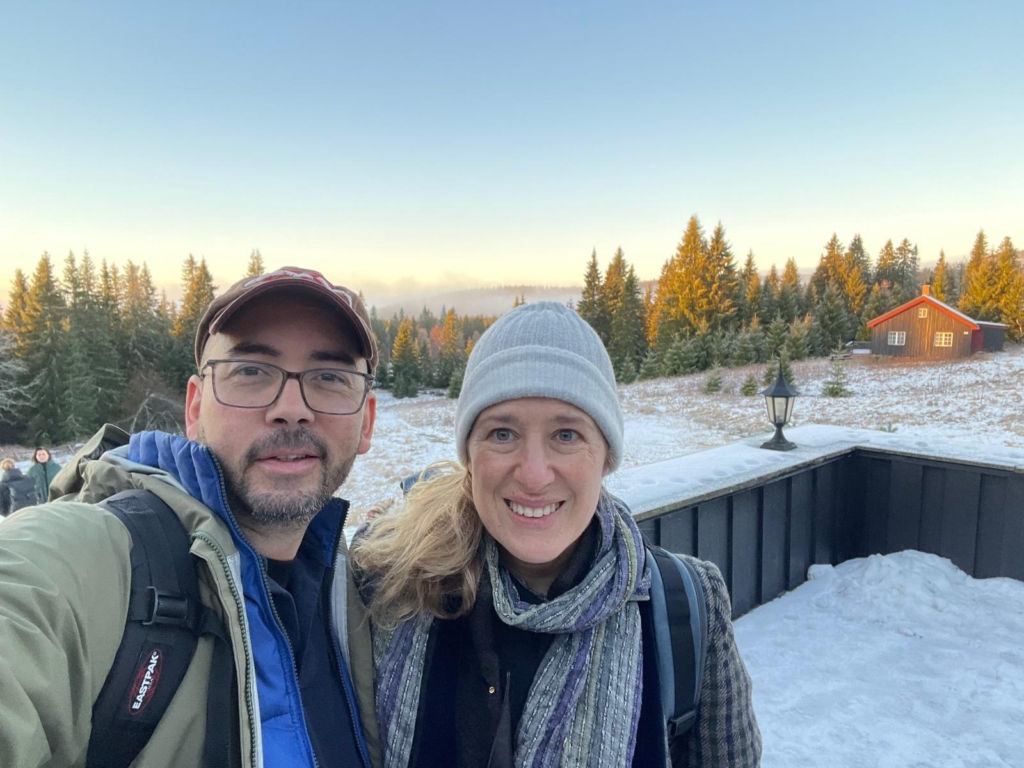Why We Invested in Bluemethane: Capturing Methane from Water to Decarbonize Infrastructure

Methane is over 80 times more powerful than CO₂ — and much of it escapes not from land or pipelines, but from water. Wastewater plants, reservoirs, and industrial systems leak methane every day, unseen and unmanaged. Bluemethane has built the first commercial technology to capture this lost gas directly from water, turning a hidden climate problem into a clean energy opportunity.
Problem
Methane drives nearly half of global warming, and a large share of it comes not from oil or gas infrastructure, but from water systems. Even facilities already generating biogas still lose methane through their liquid effluent, where it dissolves and escapes. Historically, operators lacked the tools, technologies, and clear economic rationale to capture or prevent these emissions.
Solution
Bluemethane’s Degas technology provides a first-of-its-kind way to remove dissolved and entrained (bubbles) methane from water before it escapes. Degas, their modular, physical degassing system adjusts pressure conditions within the liquid flow to separate and capture methane — without chemicals, membranes, or heat. The recovered gas can then be reused on site, improving energy efficiency while reducing emissions.
Because the process runs on gravity, agitation, and low vacuum, it consumes minimal energy yet captures more than it uses. The system integrates seamlessly into existing water treatment and industrial biogas infrastructure, enabling rapid deployment without operational disruption. Beyond capture, Bluemethane’s system also measures methane levels in real time, and Bluemethane prevents new methane from forming, turning an invisible problem into something operators can finally manage.
Impact
By intercepting methane before it reaches the atmosphere, Bluemethane directly reduces one of the world’s most powerful greenhouse gases at its source. The technology also upgrades energy recovery within water and industrial systems, transforming a loss into a renewable gain.
For water utilities, industrial operators, and coastal infrastructure, this means cleaner operations, lower emissions, and better energy balance. Bluemethane enables the blue economy to modernize without rebuilding — a practical way to cut emissions while strengthening resilience.
Why We Invested
Katapult Ocean invested in Bluemethane because it addresses one of the most overlooked yet solvable climate challenges in water and industrial infrastructure. The company has moved rapidly from theory to deployment, with full-scale commercial systems already operating in the UK and partnerships spanning six of the country’s eleven water companies.

The team behind Bluemethane combines deep technical expertise with real-world execution — engineers, scientists, and operators who understand how to build and integrate systems in regulated environments. This capability, combined with early commercial traction, signals infrastructure-grade readiness.
Bluemethane exemplifies our investment thesis: decarbonizing the blue economy by upgrading the systems the world already depends on. We invested because Bluemethane turns a hidden emissions source into a visible, measurable opportunity — proving that even the quietest changes in infrastructure can have an outsized impact on climate.
If you’d like to get in touch with the founders to learn more, please visit their website.